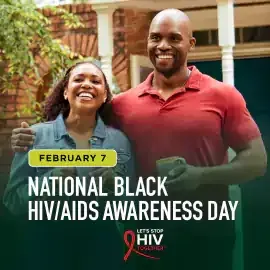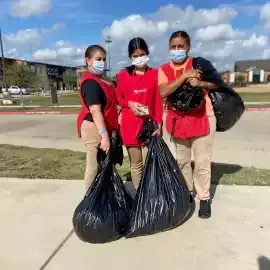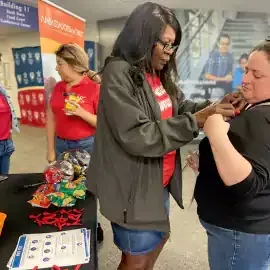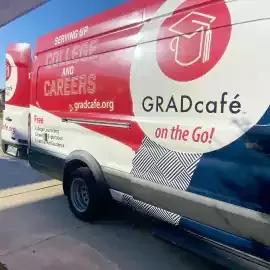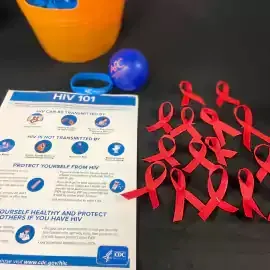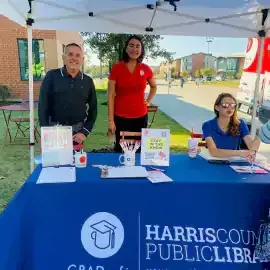AFC Youth Ministries
Honoring Black History: Celebrating Resilience, Achievement, and Progress
Honoring Black History: Celebrating Resilience, Achievement, and Progress
As we enter February, we step into a month of profound significance and reflection: Black History Month. It's a time to honor the enduring legacy of Black individuals whose contributions have shaped every facet of society. From the arts to science, from civil rights activism to technological innovation, Black history is intertwined with the very fabric of our collective human experience. In this blog post, we'll delve into the importance of Black History Month, explore its origins, and celebrate the remarkable achievements of Black leaders past and present.
Origins of Black History Month:
The origins of Black History Month can be traced back to the pioneering efforts of Dr. Carter G. Woodson, a Black historian and scholar, and the Association for the Study of Negro Life and History (now known as the Association for the Study of African American Life and History). In 1926, they established "Negro History Week" as a time to recognize and celebrate the contributions of African Americans to American history and culture. The week was chosen to coincide with the birthdays of Abraham Lincoln and Frederick Douglass, two pivotal figures in the fight against slavery and for civil rights.
Over time, Negro History Week evolved into Black History Month, officially recognized in the United States in 1976. Since then, it has become a global observance, providing an opportunity to educate, inspire, and reflect on the rich tapestry of Black heritage and achievement.
Celebrating Black Excellence:
Black History Month is a time to celebrate the extraordinary achievements of Black individuals across all fields and disciplines. From trailblazers like Harriet Tubman and Rosa Parks, who courageously led the fight for civil rights, to cultural icons like Maya Angelou and Langston Hughes, whose words continue to resonate with audiences worldwide, the contributions of Black leaders have left an indelible mark on history.
In science and innovation, figures like Dr. Mae Jemison, the first Black woman astronaut, and Dr. Charles Drew, a pioneer in blood plasma research, have shattered barriers and advanced human knowledge. In the arts, luminaries like Aretha Franklin, James Baldwin, and Jean-Michel Basquiat have enriched our lives with their creativity and vision.
Yet, Black excellence is not confined to the past. Today, Black leaders continue to inspire and empower communities around the world. From activists advocating for racial justice and equality to entrepreneurs building thriving businesses, the spirit of resilience, determination, and innovation remains as strong as ever.
Reflecting on Challenges and Progress:
While Black History Month is a time of celebration, it's also an opportunity to confront the ongoing challenges and injustices faced by the Black community. From systemic racism and economic inequality to disparities in healthcare and education, the road to equality remains long and arduous.
However, amidst the challenges, there is also cause for hope and optimism. The resilience and resilience of the Black community have led to significant progress in the fight for justice and equality. From landmark civil rights legislation to cultural movements like Black Lives Matter, the collective efforts of activists, organizers, and allies have brought about meaningful change.
Looking Ahead:
As we commemorate Black History Month, let us recommit ourselves to the ongoing struggle for justice, equality, and liberation. Let us amplify Black voices, support Black-owned businesses, and work to dismantle systems of oppression wherever they exist. And let us celebrate the rich diversity and cultural heritage of the Black community, not just during this month but every day of the year.
In doing so, we honor the legacy of those who came before us, uplift the achievements of those among us, and pave the way for a future where all people, regardless of race or background, can thrive and flourish. Happy Black History Month!
Share Post:
Leave Your Comment
search Article
Recent Posts
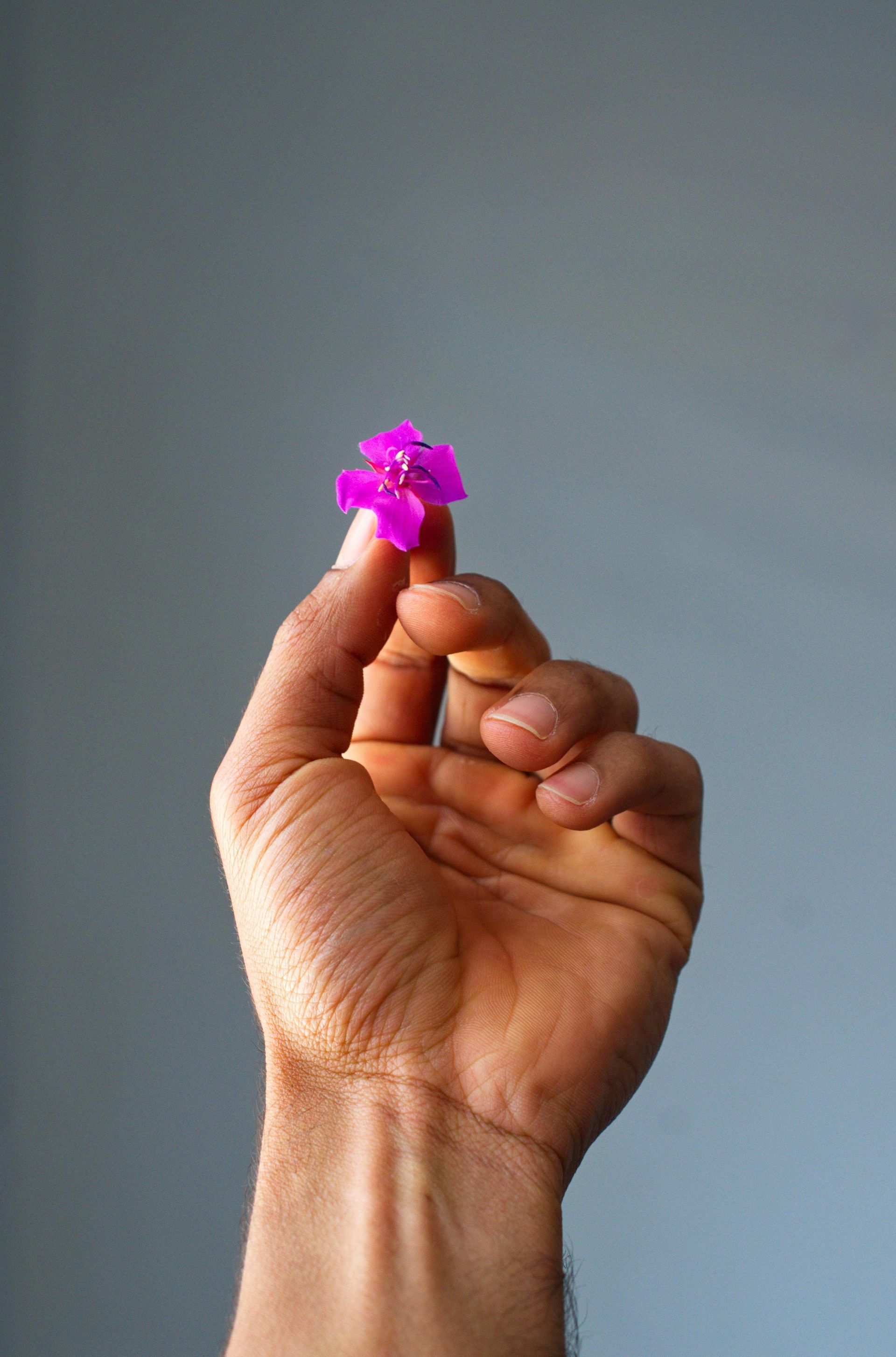
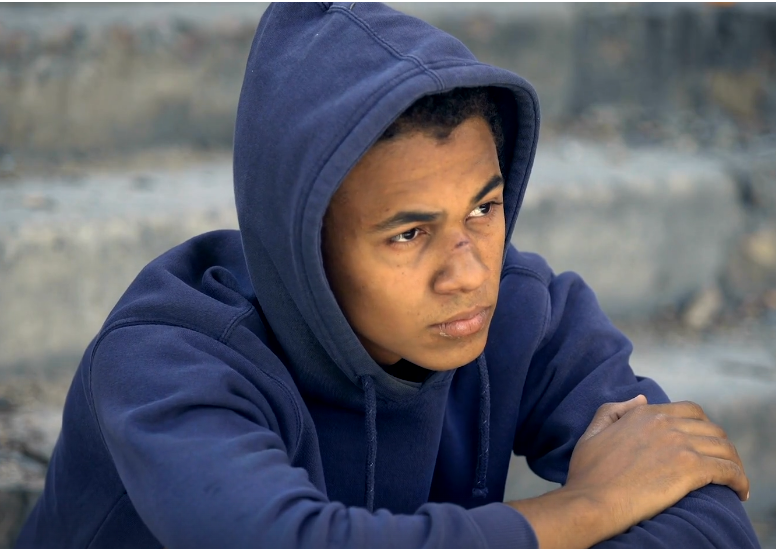

Have a question?
We’re here to help. Send us a message or give us a call today:






